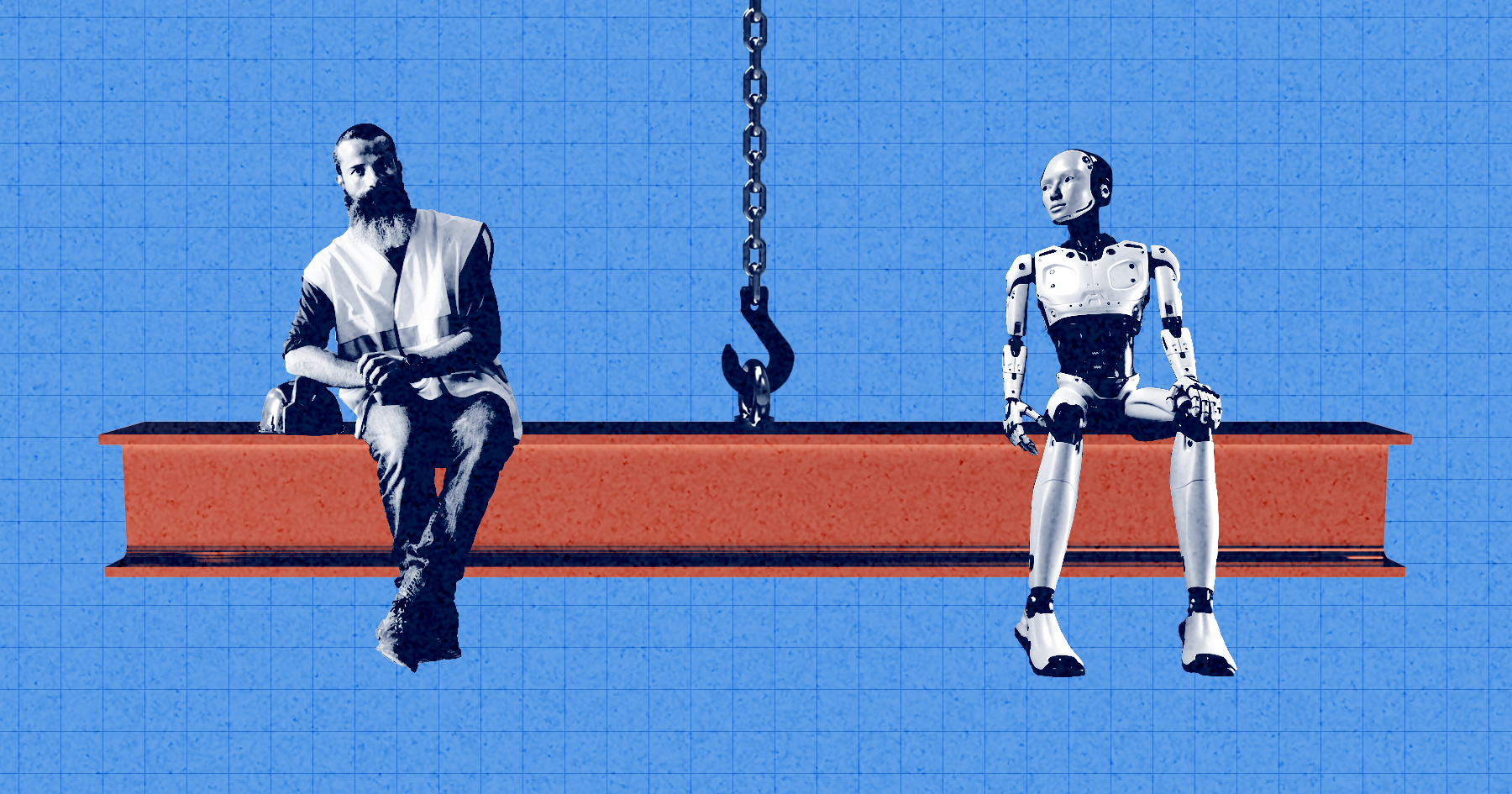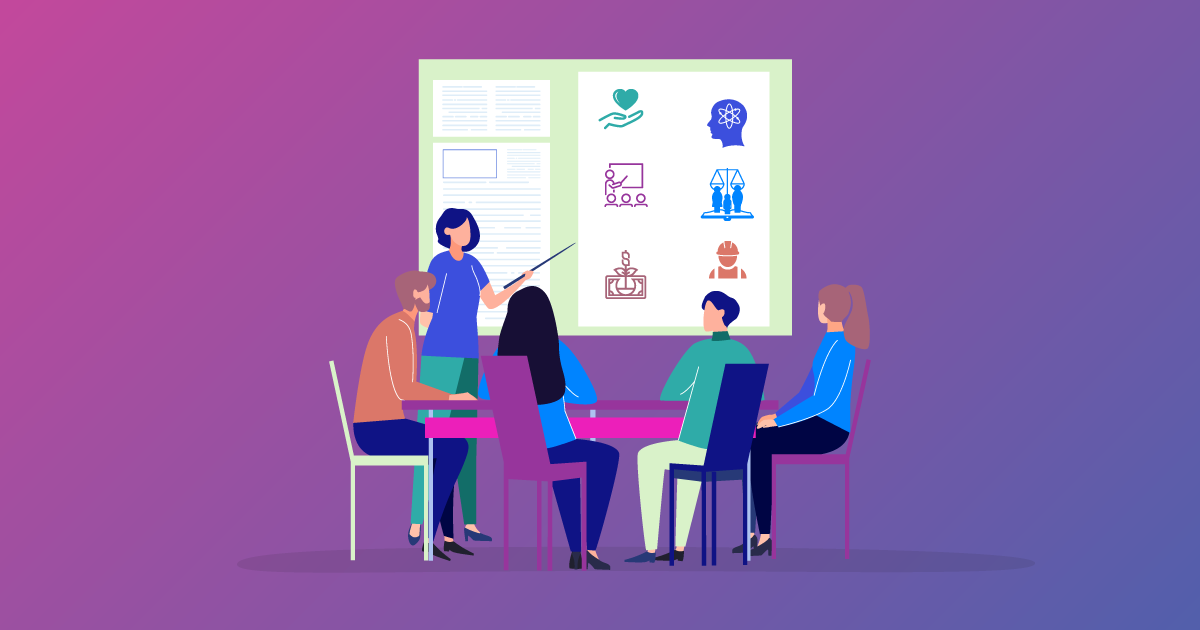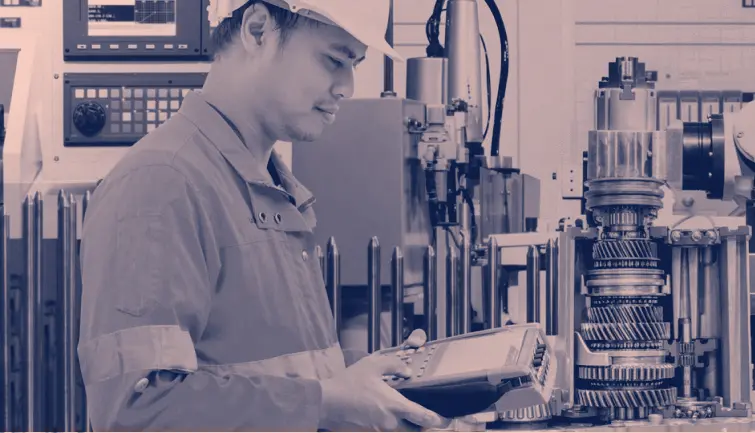Promoting Worker Well-Being in the AI Integrated Workplace
The integration of AI into the workplace poses a range of opportunities, as well as complex challenges. Not the least of these is the issue of worker well-being – specifically, developing best practices for promoting the well-being of all workers alongside AI’s introduction.
This topic is a key aspect of PAI’s mission, and was at the center of a two-day workshop co-hosted by PAI and the Ford Foundation in New York in August, 2019. The workshop brought together global experts from worker advocacy organizations, labor unions, academia, and the private sector to contribute to PAI’s draft Guide to Worker Well-Being in the AI-Integrated Workplace, and to consider mechanisms for ensuring that workers’ interests are represented throughout the integration process.
Drafted with the support of PAI’s Expert Group on “AI, Labor, and the Economy” (AILE), the Guide to Worker Well-Being in the AI-Integrated Workplace will provide a set of tools, priorities and questions, designed to assist employers and workers, as well as other stakeholders, in promoting worker well-being during the integration of AI in the workplace. This new work seeks to explicitly highlight workers’ perspectives, and serves as a complement to an earlier PAI project, which compiled case studies investigating the labor implications and productivity impacts of AI implementation, mostly from the perspective of management.
At the workshop, participants noted that many of the challenges workers face are not uniquely caused by the introduction of automation and AI, but stand to be exacerbated by them. There was consensus that workers must have a seat at the table for technology integration decisions. Some participants shared examples of ways in which AI is already being employed to empower workers, while noting that ownership of/use of/access to worker data remains a key area of divergence amongst stakeholders. International participants acknowledged the benefits of adapting the Guide for specific geographies and worker groups.
Following the suggestions received at the workshop, PAI is continuing its work on refining the Guide, as well as exploring pilot implementation scenarios with its Partner organizations. Publication of the Guide and associated tools is anticipated in early 2020.
The integration of AI into the workplace poses a range of opportunities, as well as complex challenges. Not the least of these is the issue of worker well-being – specifically, developing best practices for promoting the well-being of all workers alongside AI’s introduction.
This topic is a key aspect of PAI’s mission, and was at the center of a two-day workshop co-hosted by PAI and the Ford Foundation in New York in August, 2019. The workshop brought together global experts from worker advocacy organizations, labor unions, academia, and the private sector to contribute to PAI’s draft Guide to Worker Well-Being in the AI-Integrated Workplace, and to consider mechanisms for ensuring that workers’ interests are represented throughout the integration process.
Drafted with the support of PAI’s Expert Group on “AI, Labor, and the Economy” (AILE), the Guide to Worker Well-Being in the AI-Integrated Workplace will provide a set of tools, priorities and questions, designed to assist employers and workers, as well as other stakeholders, in promoting worker well-being during the integration of AI in the workplace. This new work seeks to explicitly highlight workers’ perspectives, and serves as a complement to an earlier PAI project, which compiled case studies investigating the labor implications and productivity impacts of AI implementation, mostly from the perspective of management.
At the workshop, participants noted that many of the challenges workers face are not uniquely caused by the introduction of automation and AI, but stand to be exacerbated by them. There was consensus that workers must have a seat at the table for technology integration decisions. Some participants shared examples of ways in which AI is already being employed to empower workers, while noting that ownership of/use of/access to worker data remains a key area of divergence amongst stakeholders. International participants acknowledged the benefits of adapting the Guide for specific geographies and worker groups.
Following the suggestions received at the workshop, PAI is continuing its work on refining the Guide, as well as exploring pilot implementation scenarios with its Partner organizations. Publication of the Guide and associated tools is anticipated in early 2020.






